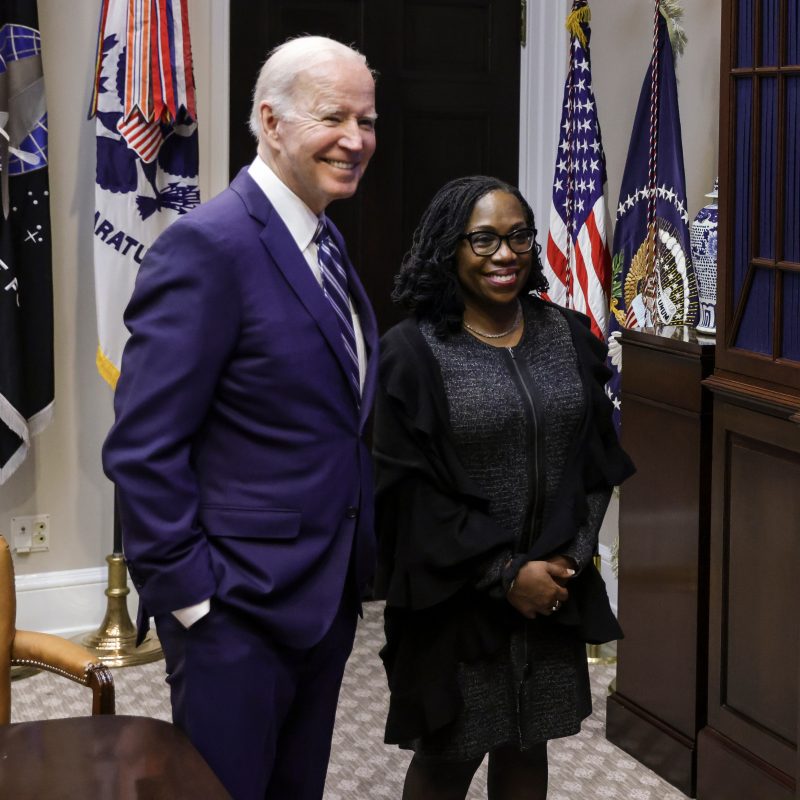In a surprising move that could significantly alter the political landscape, President Biden is reportedly considering endorsing a major Supreme Court reform that would have far-reaching implications. The proposed reform, known as court-packing, involves expanding the number of justices on the Supreme Court beyond the current nine members. This potential shift is generating both excitement and concern among politicians, legal experts, and the public alike.
Historically, the number of Supreme Court justices has varied over time. Since the inception of the Court in 1789, there have been as few as six and as many as ten justices. In 1869, Congress settled on the current total of nine justices, a number that has remained unchanged for over 150 years. The stability of the Court’s composition has been seen as a vital aspect of its independence and neutrality.
The idea of expanding the Court has gained traction in recent years as a response to concerns about the ideological balance of the Court. With the appointment of conservative-leaning justices under former President Trump, and particularly the contentious confirmation of Justice Amy Coney Barrett just days before the 2020 election, many on the left have expressed frustration over what they perceive as a rightward shift in the Court’s ideology.
Proponents of court-packing argue that adding more justices could help restore balance and ensure that the Court better reflects the diversity of opinions in the country. They argue that expanding the Court would dilute the influence of any one ideological bloc and prevent a minority of justices from exerting undue influence over the interpretation of the law.
However, critics of court-packing warn that such a move could undermine the credibility and legitimacy of the Court. They argue that expanding the Court for purely political reasons would set a dangerous precedent and could lead to a tit-for-tat escalation, with each party seeking to pack the Court whenever they are in power. This could ultimately erode the Court’s independence and damage its ability to serve as a neutral arbiter of the law.
President Biden’s potential endorsement of court-packing would mark a significant departure from his previous stance on the issue. During the 2020 campaign, Biden was hesitant to embrace the idea, expressing concerns about the potential consequences of such a drastic change. However, the growing pressure from his party’s progressive wing and the perceived imbalance of the current Court may be pushing him towards a new position.
Ultimately, the debate over Supreme Court reform is likely to continue for the foreseeable future. As the political landscape shifts and new challenges arise, the question of how to ensure a fair and balanced judiciary will remain a topic of heated discussion. Whether President Biden ultimately decides to endorse court-packing or pursue other reforms, his decision is sure to have a profound impact on the future of the Supreme Court and the country as a whole.




























